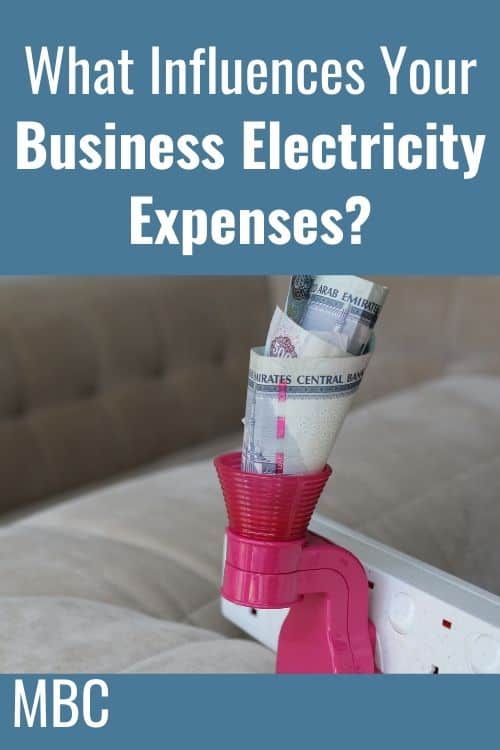All energy companies will put together a bespoke quote based on numerous aspects of your business. This includes the likes of:
• The type of business your own – This will determine your consumption patterns. After all, not all businesses work the standard hours of 9 am until 5 pm, Monday to Friday. Some businesses will demand more electricity on weekends, which could mean a different rate.
• Your energy provider – After all, different businesses charge different rates.
• The geographic location of your business – This is simply because prices vary around the country. The Midlands has some of the lowest costs, while Scotland has some of the highest.

• The average energy consumption of your business – Of course, your overall energy usage will play a big role. The more energy you use, the lower the price tends to become per unit. You can use the likes of Ecosense to lower expenses.
• The length of your contract – This impacts your daily charges and unit rates. On average, an added 6 per cent will be added to the unit cost for each year you extend your contract. At the same time, between two and six per cent is reduced from your standing charge.
• What type of electricity meter you have – You may pay more or less if you have a certain type of smart meter.
It is true that business electricity does cost a lot in the UK. One of the main reasons for this is because the government has decided that electricity consumers must subsidise low-carbon methods of energy generation, for example, wind farms.
Another reason for this is because wholesale prices and transportation costs continue to rise, and demand increases too. However, this does not mean you cannot get a good deal on business energy.
What does the future look like?
Since 2008, energy prices have spiked a massive 35 per cent. Since then, prices have barely slowed down, and this is a trend that is likely to continue.
Nevertheless, as the industry is becoming a lot more competitive, this does mean that business owners will have more deals available to them and, therefore, you can offset the rise in cost by shopping around.
What is the difference between domestic energy and commercial?
You may be wondering why you have to pay a different rate for electricity as a business owner.
Generally, domestic electricity packages have a one-size-fits-all approach. On the other hand, businesses benefit from bespoke pricing. This means you will get a more accurate bill based on your usage.
The unit price is also cheaper because you will be using a higher volume of electricity when compared with homes.
There are also a number of other ways that electricity prices differ. For domestic properties, the pricing criteria are generic to the payment method and neighbourhood.
For businesses, it depends on your payment method, contract length, demand profile, business type, location, credit score, and consumption. Unless you have an exemption, you will also pay a larger amount of VAT, i.e. 20 per cent.
Additional levies include FIT charges, renewables obligation, and the Climate Change Levy. Domestic users do not have to fund such levies.
- DISCLOSURE – This post has been written by an outside source



